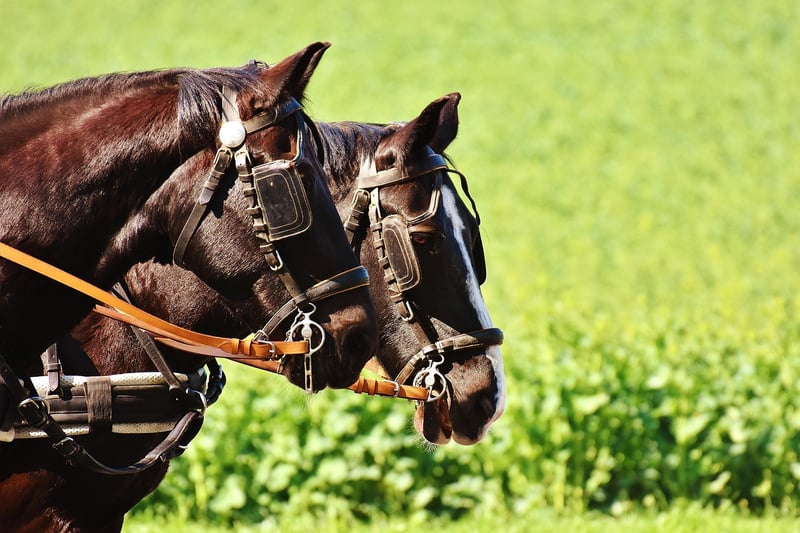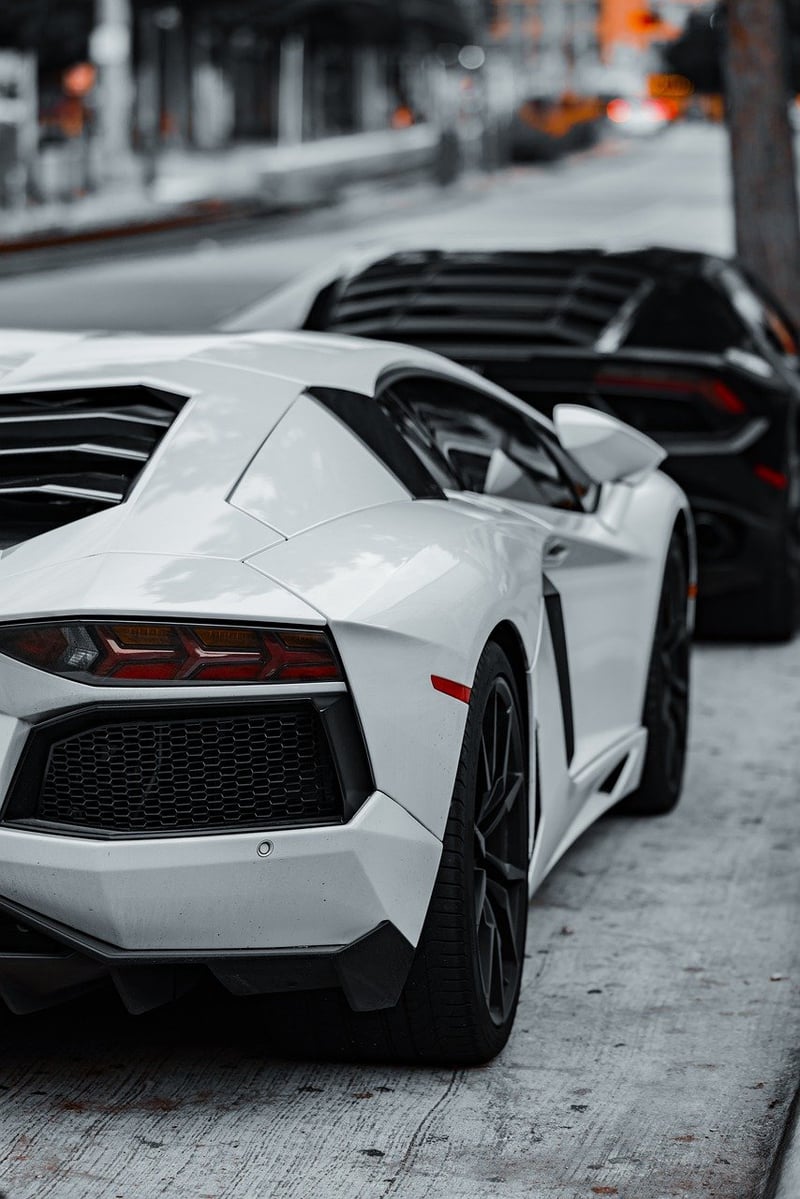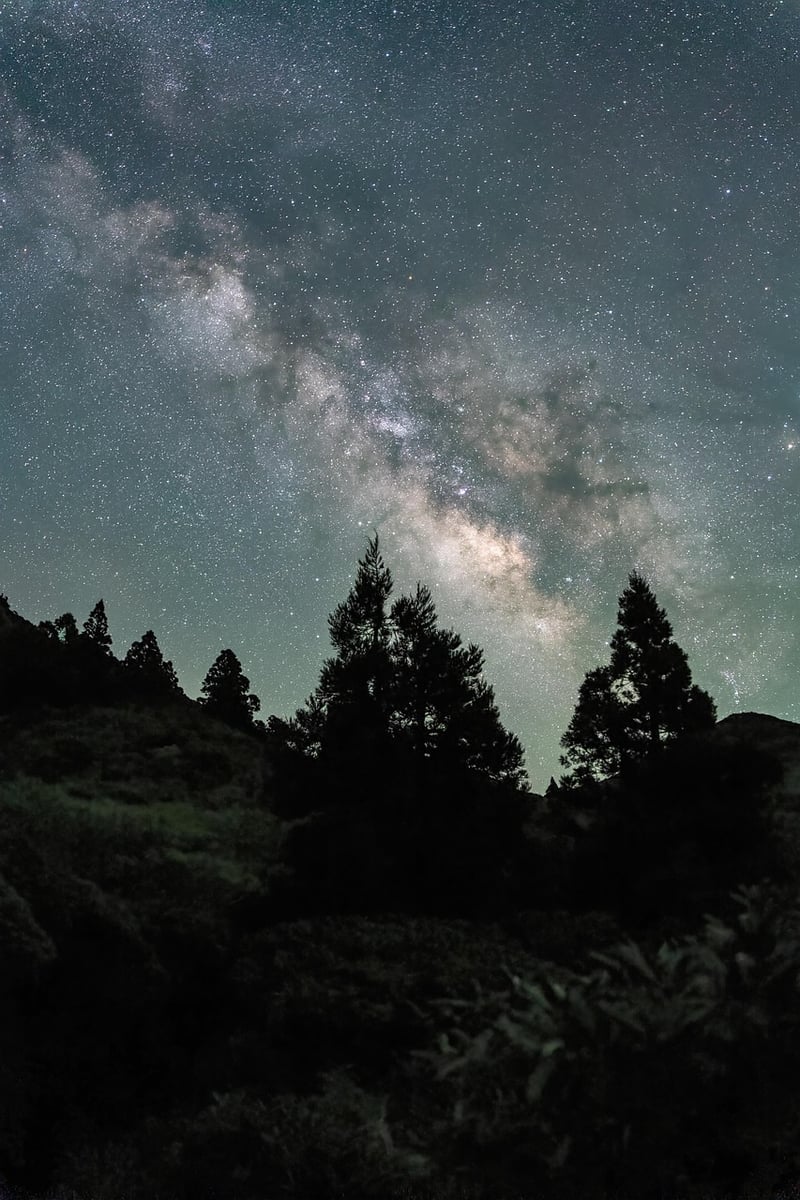Quantum Leap
The Evolution of Transportation: From Horse-Drawn Carriages to Quantum Leap
Transportation has always been an integral part of human civilization, evolving through the ages to meet our ever-changing needs. From the humble beginnings of horse-drawn carriages to the revolutionary concept of Quantum Leap, let's explore the fascinating journey of transportation.
1. Horse-Drawn Carriages
Centuries ago, horse-drawn carriages were the primary mode of transportation, offering a means of travel for the elite and common folk alike. These carriages paved the way for the development of roads and infrastructure, shaping the transportation landscape of the past.

2. Steam Engine Trains
The invention of the steam engine revolutionized transportation with the introduction of trains. Steam locomotives connected cities and countries, enabling faster and more efficient travel for goods and passengers. The iconic steam engine trains symbolize an era of industrial progress and expansion.

3. Automobiles
The advent of automobiles marked a significant shift in personal transportation. Cars became more accessible to the public, transforming the way people commuted and traveled. The automotive industry continues to innovate, introducing electric vehicles and autonomous driving technologies for a sustainable future.

4. Quantum Leap
Imagine a transportation system that defies the laws of physics and traditional mechanics – welcome to the concept of Quantum Leap. This futuristic mode of transportation harnesses quantum technology to teleport individuals instantaneously across vast distances, revolutionizing the way we perceive travel.

As we reflect on the evolution of transportation, from horse-drawn carriages to the groundbreaking idea of Quantum Leap, one thing remains clear – human ingenuity knows no bounds when it comes to redefining the way we move from place to place.
Whether we look to the past for inspiration or towards the future for innovation, the journey of transportation continues to shape our world in ways we could have never imagined.
